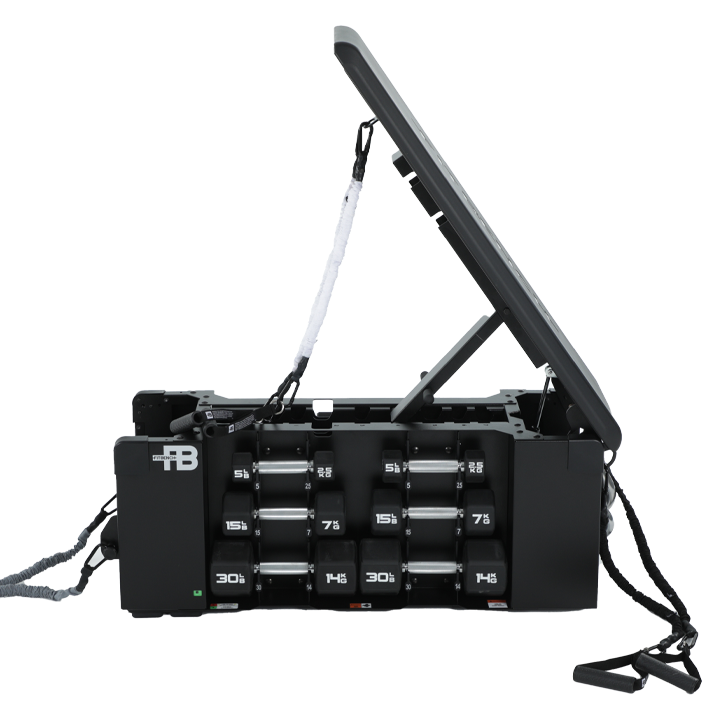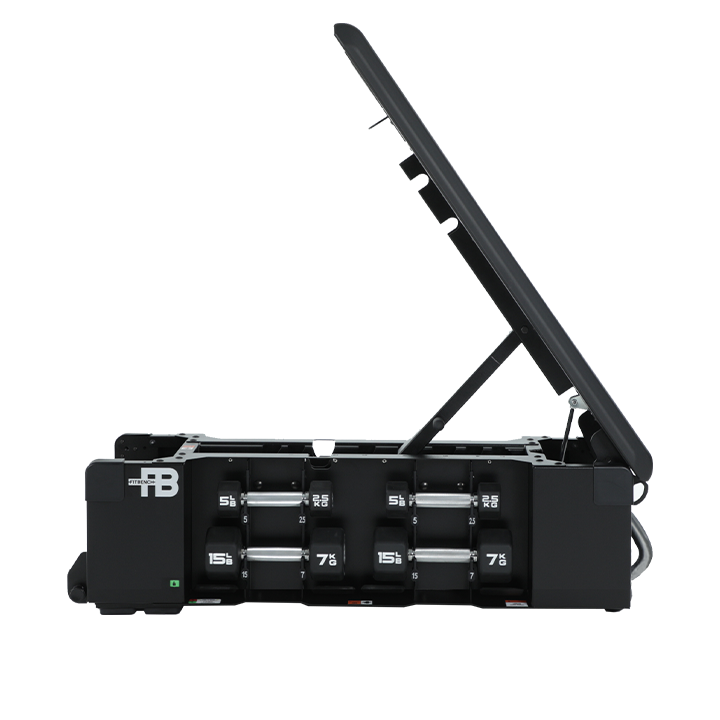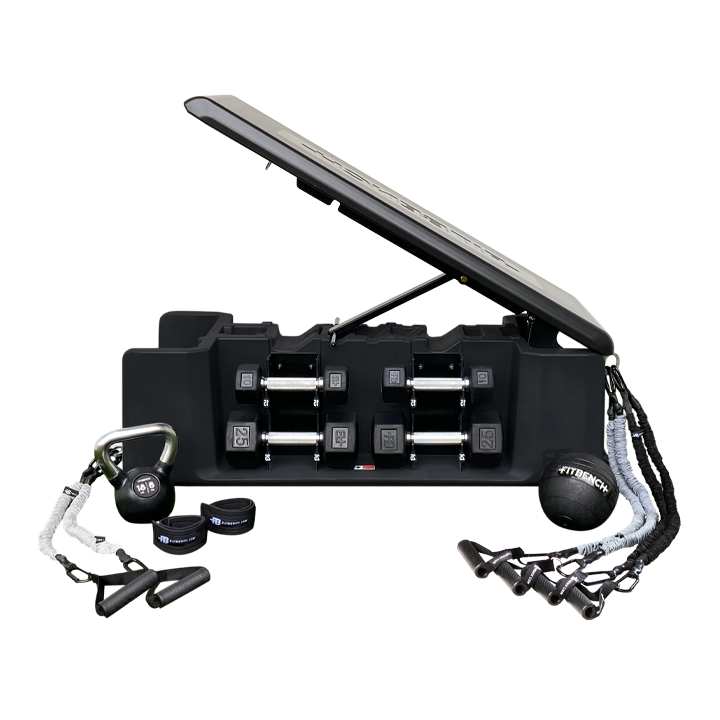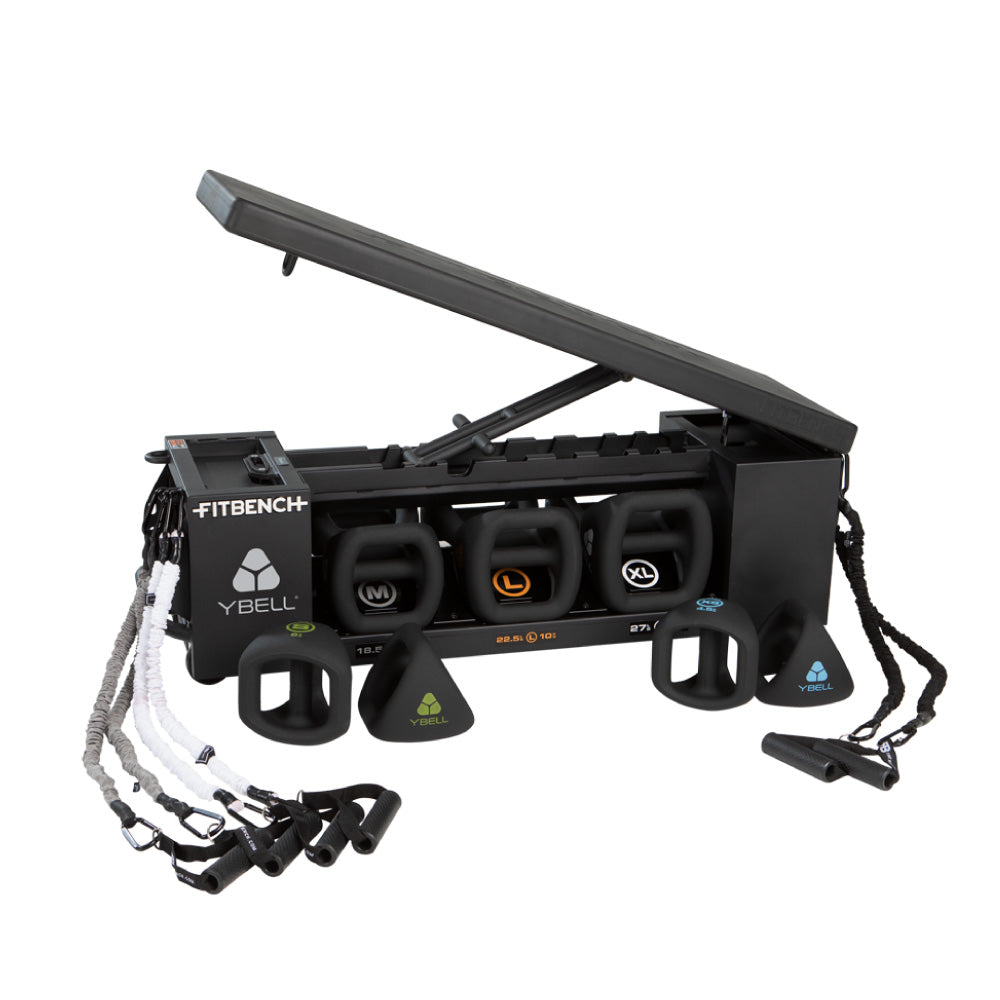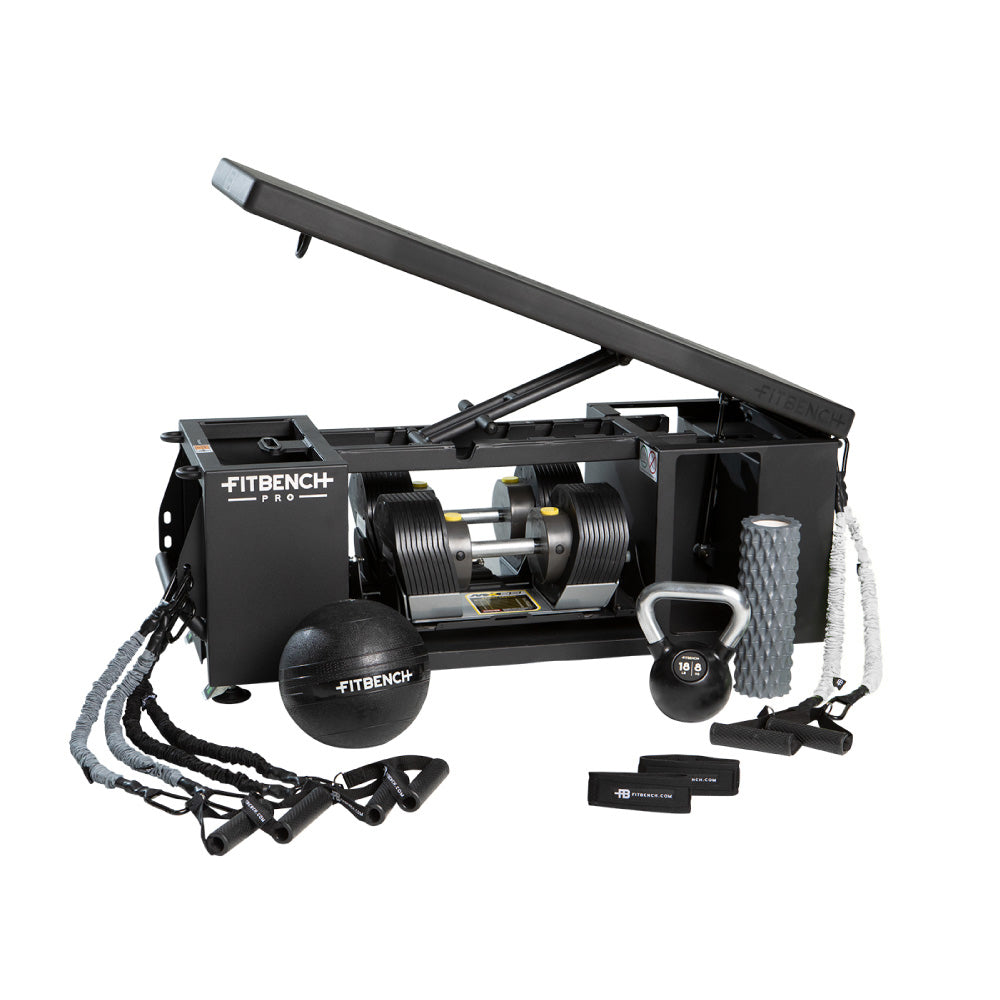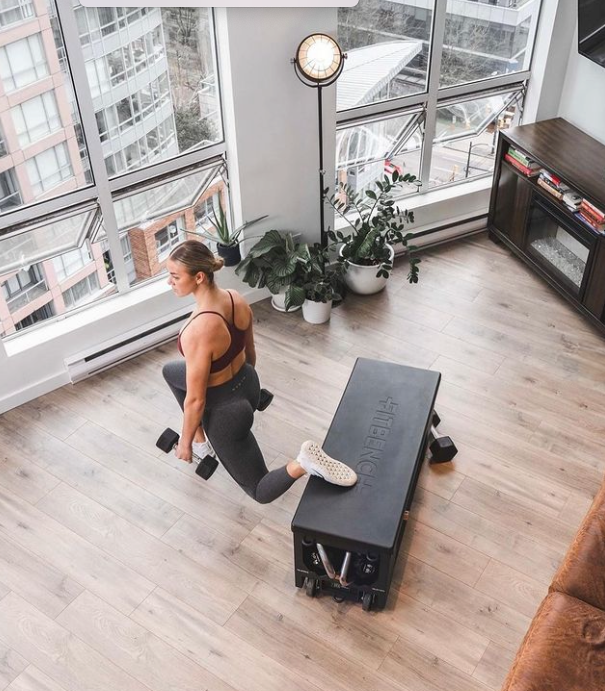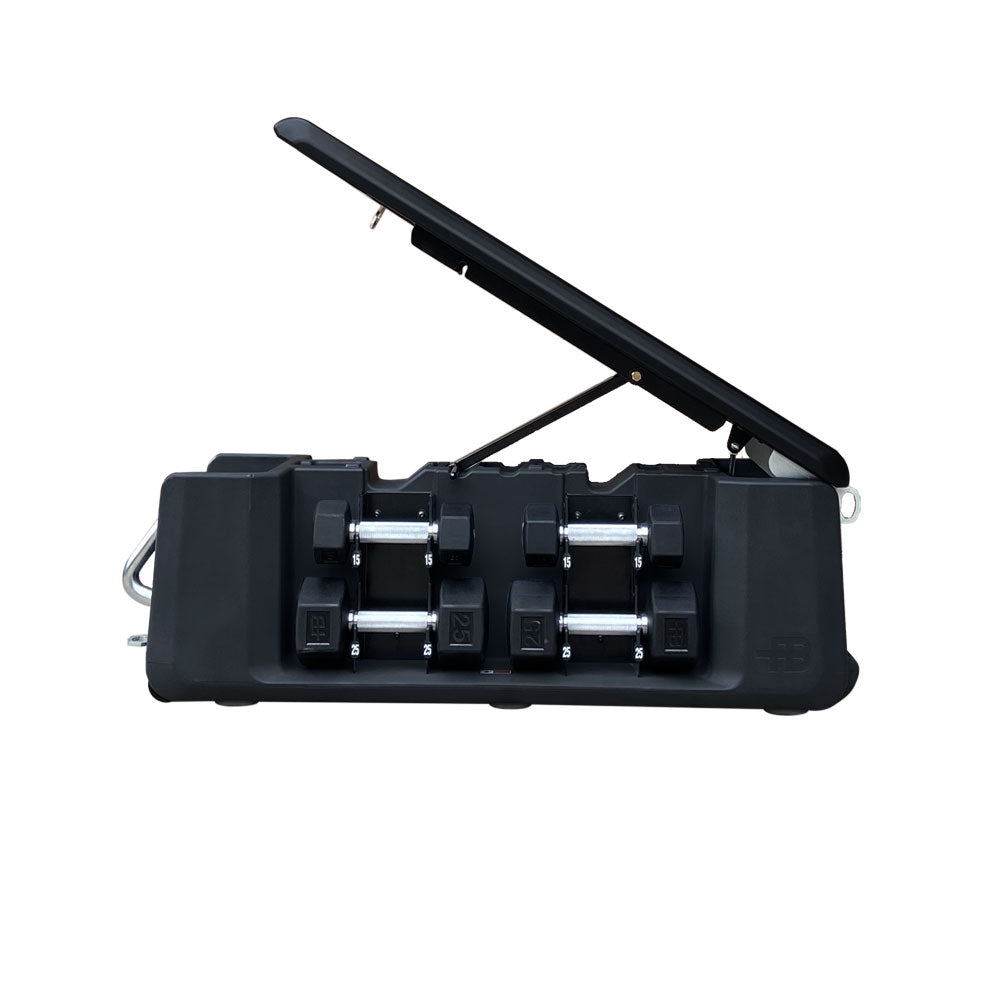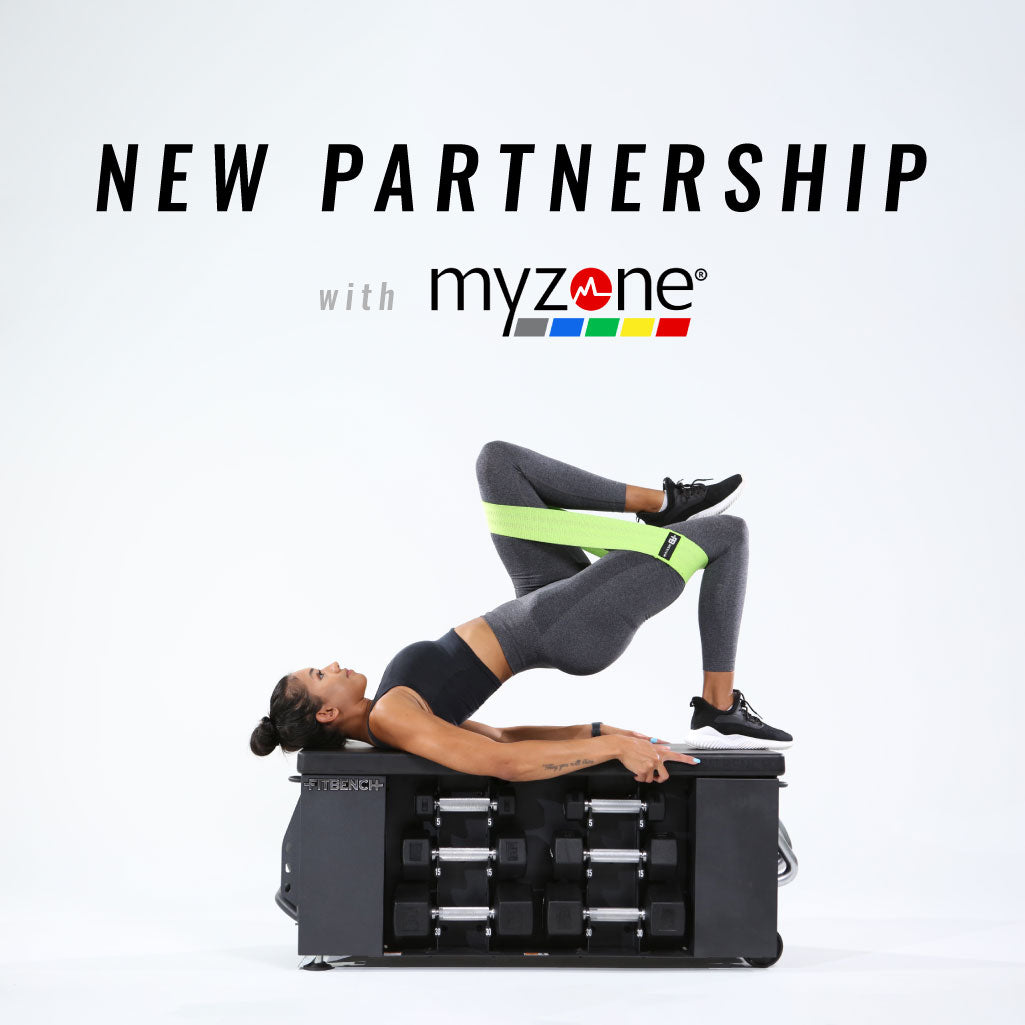
Article credit: Forbes
By
Home fitness rooms are growing in popularity and sophistication.
Exercise shows up on most New Year’s resolutions lists. Is it one of yours? If so, it may be a source of frustration as well as motivation. Getting to a gym doesn’t fit with your work or family schedule. Waiting on a piece of equipment feels like a colossal waste of time. You prefer your own shower and privacy. Any one of these factors – most likely a combination – could account for the home fitness equipment market predicted to grow at a 5.2% clip in the next five years and, according to a “recent TD Ameritrade survey,” quoted by NASDAQ, “59% of Americans do not plan on going back to the gym after the pandemic.” For those that do return, “87% plan on continuing to work out at home.”
Movement and mobility specialist Michael Jones knows this well. As he told Forbes.com last September, he sees his Atlanta, Los Angeles and Bangkok clients in their homes, both on site as he rotates his home bases, and remotely via the Internet. Close to half of his clients started working out at home during the pandemic, he recalls, and many plan to continue.
“Remodeling requests over the last three years increased when owners realized their existing home fitness spaces were not designed to meet the needs of a family working and learning from home,” points out Barbara Chancey, a Dallas-based expert in fitness architecture and design. Her clients include boutique fitness studios, health clubs and residential spaces worldwide.
Exercise Space Essentials
Jones shares these essentials for clients’ home fitness spaces:
- Ample natural light: A bright and airy fitness space is more motivating than a dark, dreary one, he points out.
- Proper ventilation is essential for any fitness room, as it helps to keep the air quality fresh and prevents odors from building up.
- Mirrors are helpful for checking your form while working out, the trainer suggests, and can make a room feel less cramped.
Small Space Planning
“Both the optimal and minimum size for a home fitness space is related to the client’s training goals, required equipment, and the floor space needed to perform certain exercises,” Chancey explains. “With keen awareness, even the smallest home gym can become a single destination for total well-being.” Planning needs to factor in room around the equipment, she points out.
“For strength training, FITBENCH has been called the ‘Swiss Army Knife’ of fitness equipment and takes up only a few feet of space,” Chancey comments. “It’s a great solution for even the tiniest of rooms,” she adds.
The designer suggests maximizing vertical walls for expanding a room’s usable space. This can be achieved with a barre, resistance bands, suspension training and a shelf for recovery tools, “making this corner your sweet reward after a long day of sitting at a desk or commuting!” she muses.
Room Essentials
Chancey’s must-haves include:
- Flooring that addresses joint pain, slippage, sweat absorption, and cleaning is a top priority. Thick athletic matting found in wrestling venues is beneficial to serious athletes, but also to anyone with stiff joint issues, she says. “Bamboo or a hardwood sprung floor is ideal for yoga, dance, and barre spaces.” For strength training spaces, she likes environmentally certified rubber flooring.
- Antimicrobial wall coverings are crucial for inhibiting microbes, bacteria, and viruses, and keeping the space looking new.
- Storage is essential. “From water bottles and towels to cycling shoes and yoga mats, every square inch matters. Oversized shelves that sag after a year of supporting heavy dumbbells are an expensive mistake,” the designer cautions.
- Privacy is key. When you decide you need privacy from curious neighbors watching your every move, it’s too late. Chancey is a fan of smart shades that can be programmed to protect the space and occupants.
“Having motorized shades in a space is a nice touch,” observes Kristin Reinitz, a smart home technology integrator in the Minneapolis area. They can also control glare, which can be detrimental to a workout or training session, and reduce the room’s heat.
Connected Fitness Room Imperatives
Jones says a high-speed internet connection is a must for remote training sessions. “This helps limit screen ‘freeze,’ and I can see form and movement in real-time,” he explains. He also likes clients to have a smart TV. Many newer models allow for Zoom-type sessions. “This platform is where I see most of my clients,” he comments.
Reinitz is seeing requests for multiple televisions in fitness rooms, (along with always-popular speakers for those who work out to music). These TVs often tie into a home’s entire smart home system and to fitness equipment, especially cardio gear like exercise bikes, she says. “Having distributed video in a room can make it more costly, but the fitness room has become a staple in home building at the level we generally work on,” she notes.
Fitness Room Enhancements
“Being that the fitness room is now a highly-designed space, a very important element is lighting,” Reinitz observes. “Imagine being able to tune your light to match the type of workout you are doing. The way I want a space to look and feel for a high intensity bike ride or strength training session in the morning is very different from an end of day yoga session where I’m working to transition to evening.” Smart lighting enables that flexibility and control.
Smart climate control is another definite plus in a home fitness space. “Being able to walk into the room and, with the hit of just one button, the lights turn to the right temperature for your workout, TVs turn on to the show you watch, the shades shut for privacy and tunes start pumping into the speakers. There are systems that also can work with your HVAC system that monitor and control air quality,” the integrator says.
“While not required for residential spaces, adding an automated external defibrillator (AED) and first aid kit are important nice-to-haves, along with an emergency button to call 911,” Chancey suggests. “Whether feeling lightheaded or full-blown chest pain, seconds matter in saving lives.” The designer also likes a “small refrigerator stocked with chilled eucalyptus towels, scented air, and recycle bins for towels and empty water bottles.”
Noise Issue
Those heart-pumping tunes, coach instructions or just the vibrations from a treadmill can be a problem for the home’s other residents. “We do a lot of acoustical wall treatments,” Reinitz shares. “These can be entire walls or just portions.” Fitness room floors are often covered with acoustically-friendly rubberized material, she notes. “That can help absorb a lot of sound.” Insulating all the walls before sheetrock also helps, she says.
Adaptability
“Home gyms that accommodate ‘adaptive athletes’ of all ages is a growing need,” Chancey states. “We’re designing spaces for clients with spinal cord injuries, Parkinson’s, ALS, or other limitations that require specialized equipment,” she says. “Equipping a space with thoughtful features for all stages of life is the essence of inclusion and gives new meaning to the cliché, ‘fitness for all.’”
Last Words
“We are excited that the fitness space is becoming a more important and highly designed part of the home,” Reinitz declares. “I think the automation industry is just starting to scratch the service when it comes to health and wellness.”


